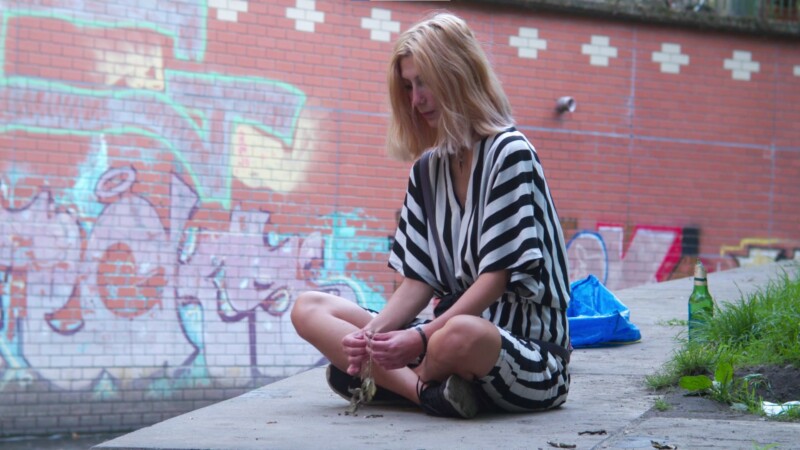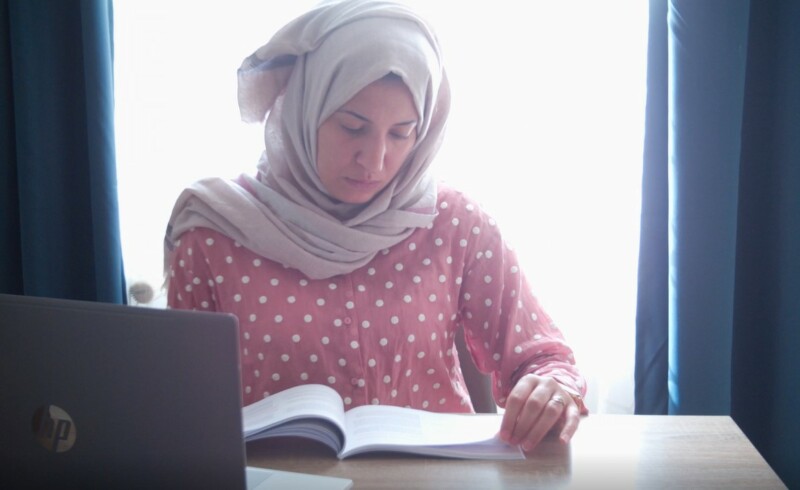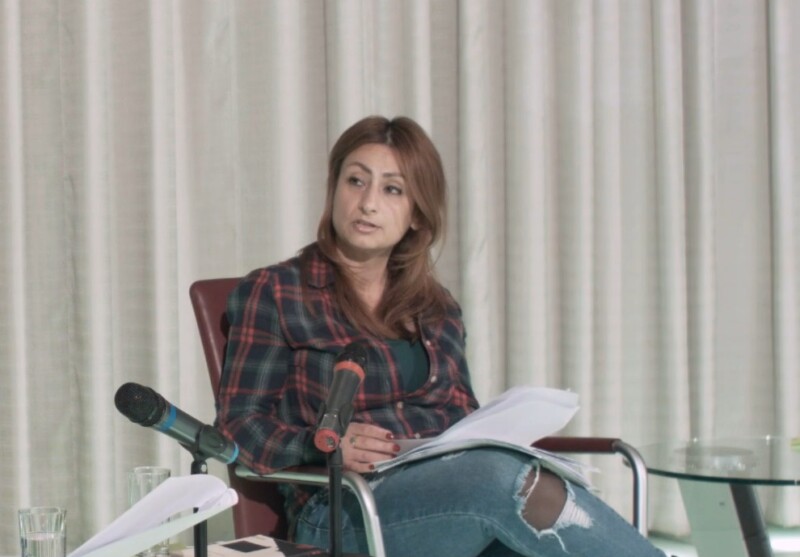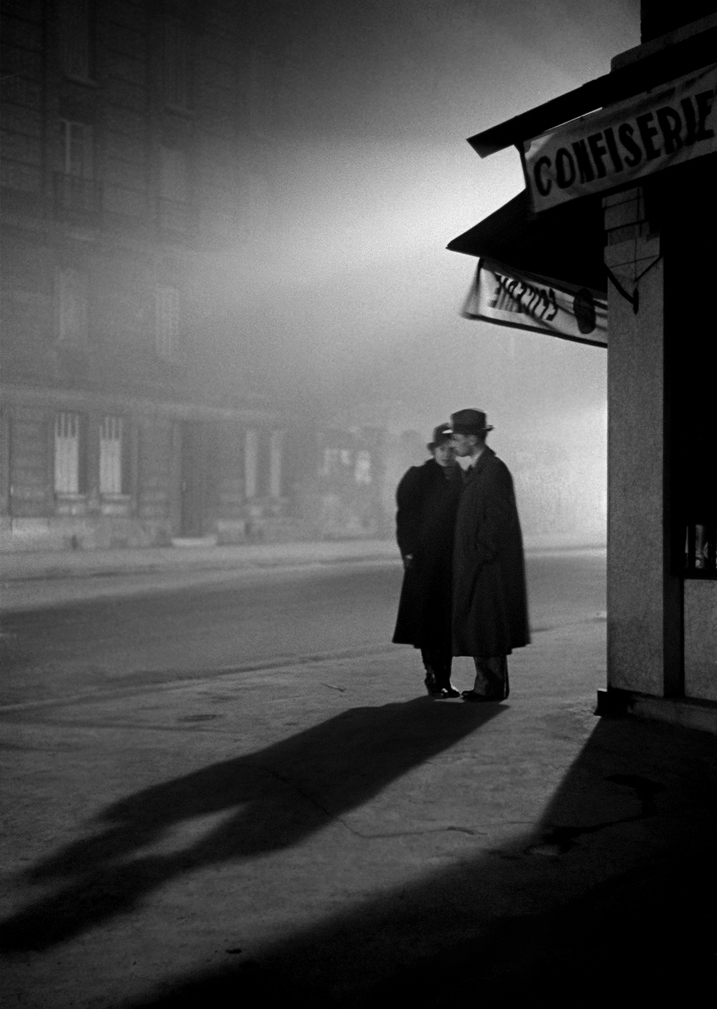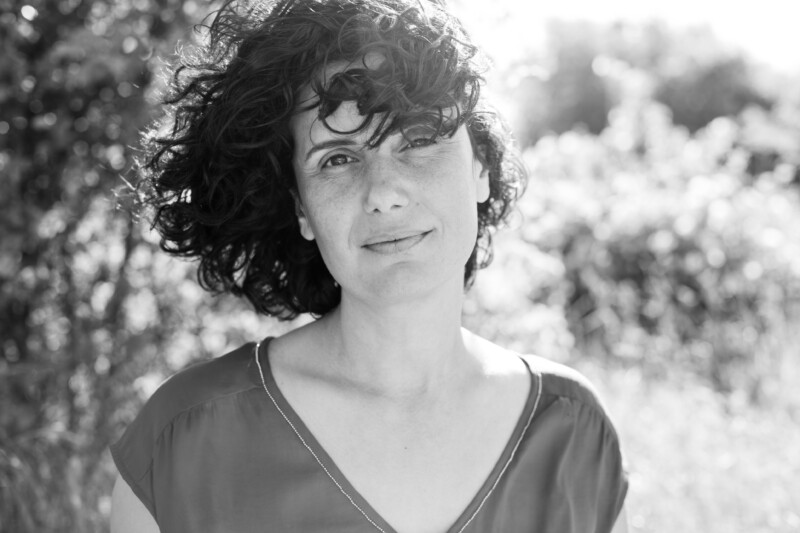Before you came to Germany, did you have specific expectations about Germany? And what did it look like afterwards when you were here?
Mohammad:
Hmm, to be honest, I never looked anything up and I only knew Germany by hearsay. What everybody knows. And I didn’t expect anything more. That you get something and, that you feel safe. That was the most important thing. Yes, so there are certainly other things, but I had no idea. I got to know everything here. Directly.
And do you feel that Germany or the people here have expectations of you?
Mohammad:
So first of all, you get your basic food and housing so that you don’t bother anybody. And that’s so you don’t cause any problems. That’s the first thing that is expected of us and that we also work. And that we accept the German laws. Because we live in Germany and not in an Arab country.
And how do you feel in Germany? Do you feel well or badly received?
Mohammad:
Well, definitely not bad. I feel better than good. So even good I don’t feel enough. Maybe just missing a little bit and things like that….
And can you tell me about a situation where this feeling is very present? So that you say you feel very good, but at the same time you feel homesick.
Mohammad:
Hmm, so only when I have difficulties. So it takes time. I’m quite satisfied. And time we do get and several chances too. That’s why you feel good and also comfortable. But it’s not easy to take away what you’ve learned in your last 20 years right away. There remain things that you miss. Especially also the family. But luckily there is internet now and they are happy that you can be there too. I talk to my mom like I talk to you now. And actually it works out that way, to get a good feeling.
You said that it is not easy to “make things go away” that you have experienced or learned for 20 years. What do you mean by that? Make what go away?
Mohammad:
So if you want to do what you’ve always done; do you want to do the same thing or meet the same people or something… It’s like that with you. The others may be able to visit someone. We can’t and that’s a little bit not so clear… And that takes time too. And you need something to deal with. So you don’t think about that.
And how do you keep yourself busy so that you don’t think about that?
Mohammad:
Don’t give it a chance, that you think about that much. So just a little bit. Because otherwise you get a little bit aggressive or drawbacks start a little bit. If you do sports, you cook, you do something for yourself and you study and you go to bed tired and you sleep directly, then it goes better. It actually goes well then.
And what do you associate with your place of residence Berlin? What do you like about Berlin or what don’t you like about Berlin?
Mohammad:
I like Berlin because the city has helped me. And it has given me the impression that I don’t think about my past. And it always gives me something new and always new opportunities. And Berlin is really good. I don’t think there’s anything like it anywhere else.
Yes, and Berlin is also the capital. But you also have to be careful. Because you lose the time. It could be that Berlin steals you. You have to set yourself a goal. You can’t just look there or there, because then it could be that you’re late or it could be that Berlin changes you.
Berlin can change you. What do you mean?
Mohammad:
So for comparison, you can’t compare our city with Berlin. I’m not from the capital. I’m from a city where there are less than 1 million people. And we don’t have that much technology either. And here there are several possibilities. So everyone will definitely find what they like and you see a lot of people and you can get the best for yourself. […]
Otherwise, compared to before, I have a lot of time. I’m out of my country. And I didn’t know that there are such “high countries” and “low countries” in this world. I was really surprised about that… But for a year now, I don’t compare between here and our country. I did that more often and it was not nice.
Mohammad fled Syria for Germany in 2016. He arrived in Munich and continued on to Berlin the same day. Here he now lives in a shared apartment, learns German and occasionally works as a translator.
The interview was conducted and analysed by Laura-Sophie Hauser as part of a cooperation between Freie Universität Berlin and the We Refugees Archive.
Under the supervision of Prof. Schirin Amir-Moazami, students in the seminar “Narratives of Refugees in the Light of Border Regime Studies” (winter term 2020/21) worked on critical methods of qualitative social research as well as literary and scientific texts on the topic of border regimes.
Border regime studies primarily focus on the political, economic and legal conditions that produce migration and borders as social phenomena in the first place.
In cooperation with the We Refugees Archive, the seminar participants conducted interviews with refugees about their everyday experiences in Germany or wrote articles on the common topics of the seminar and the archive.
